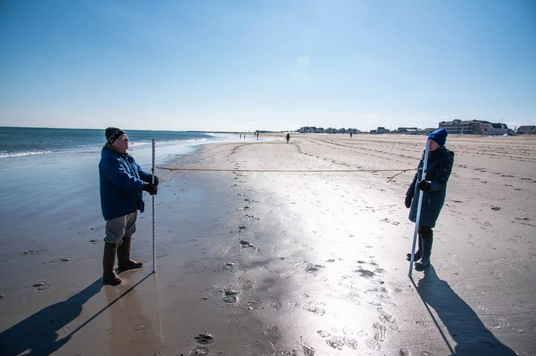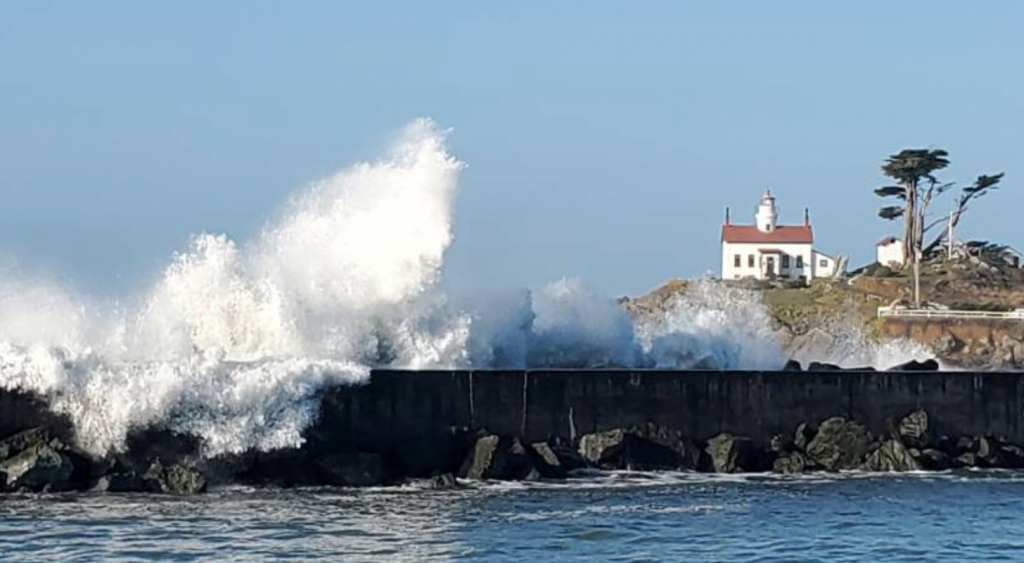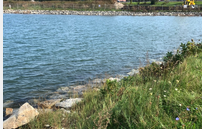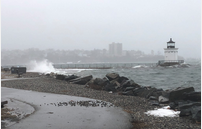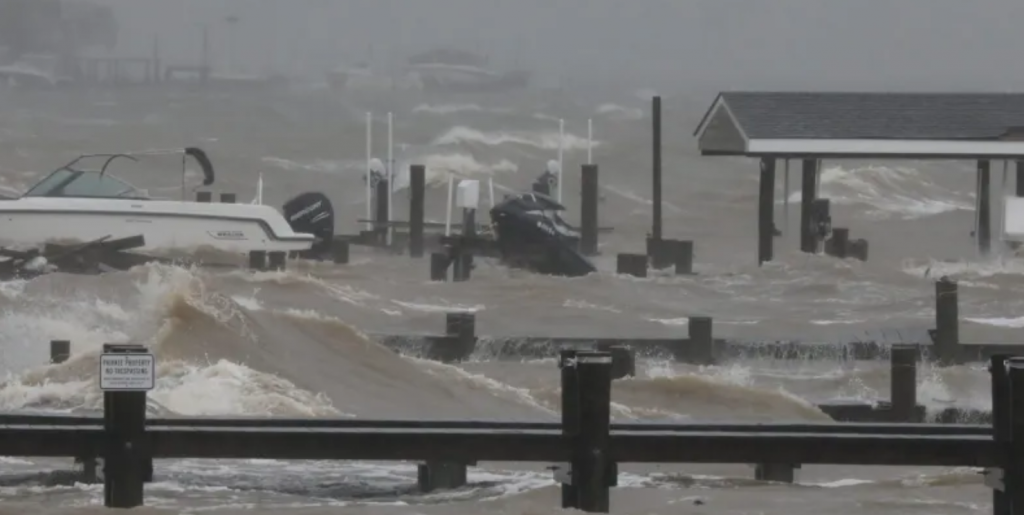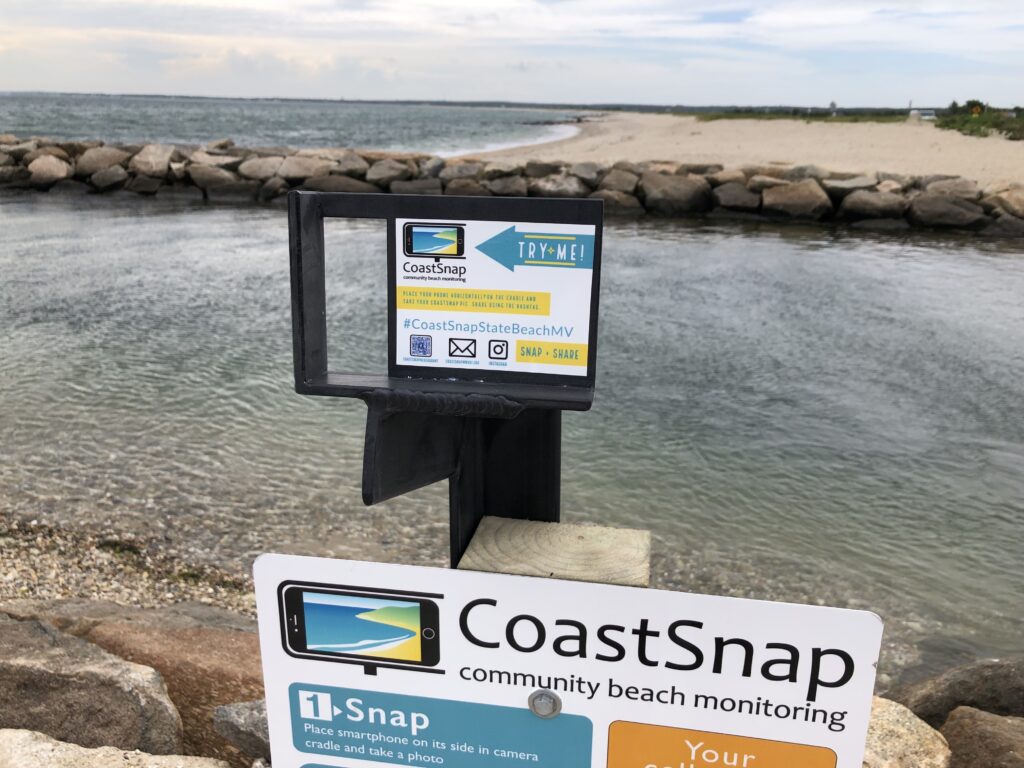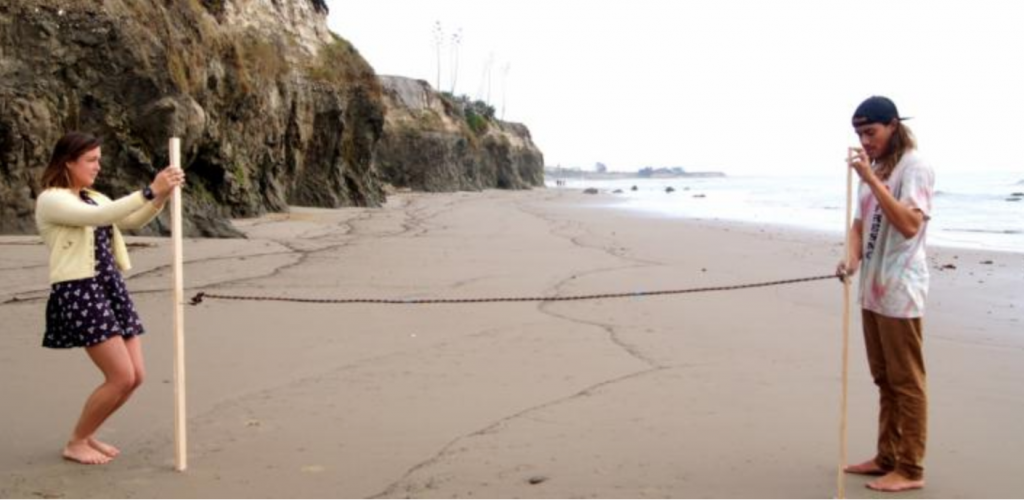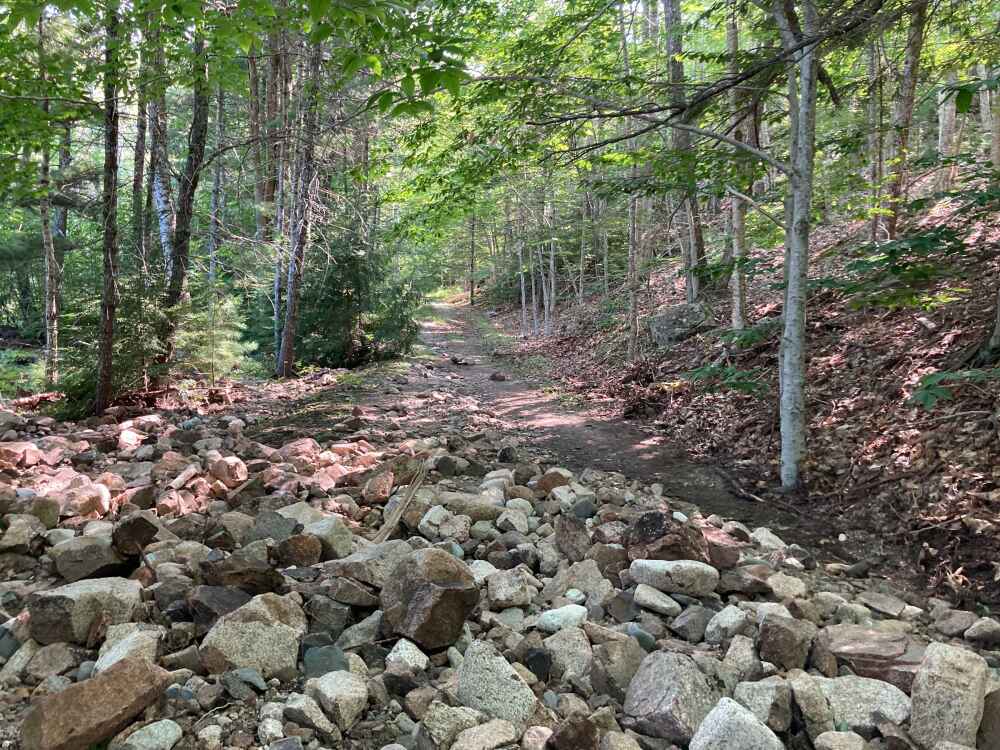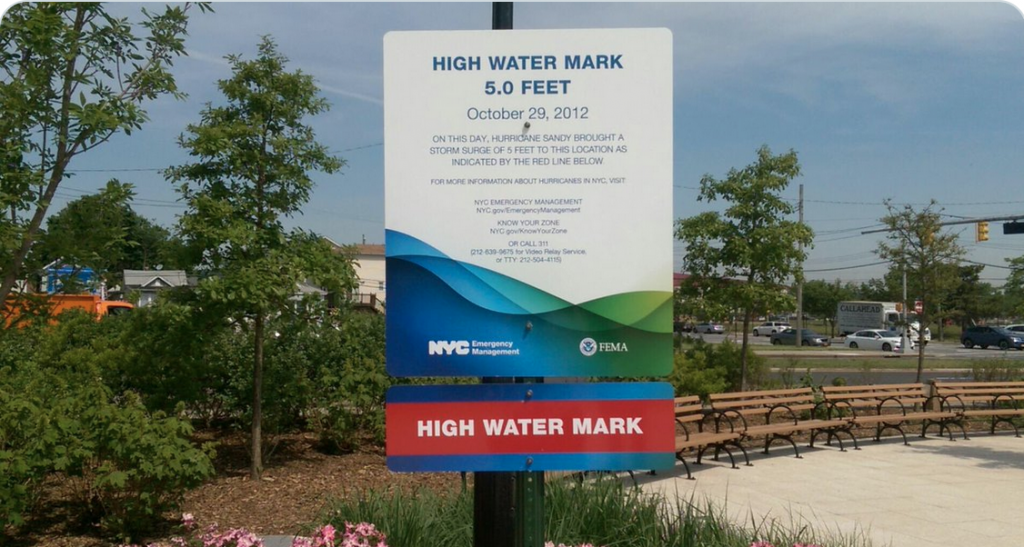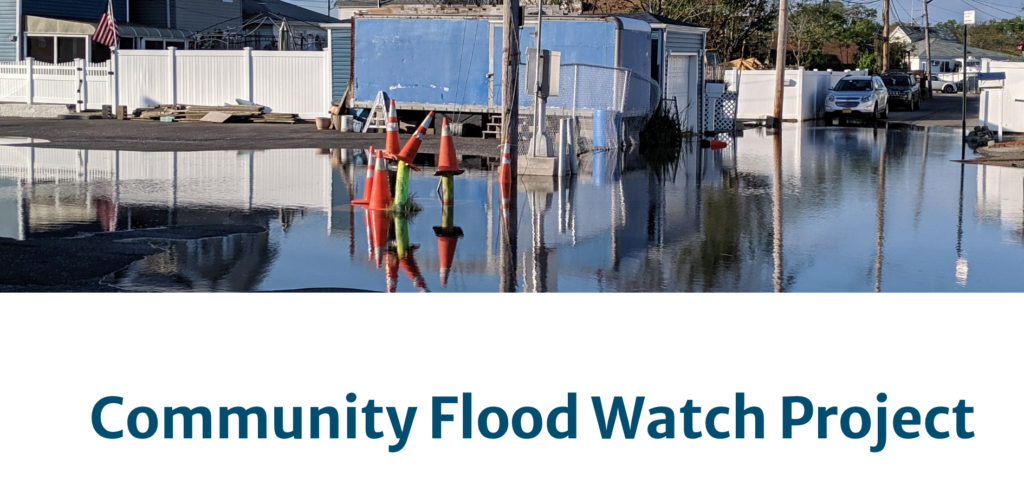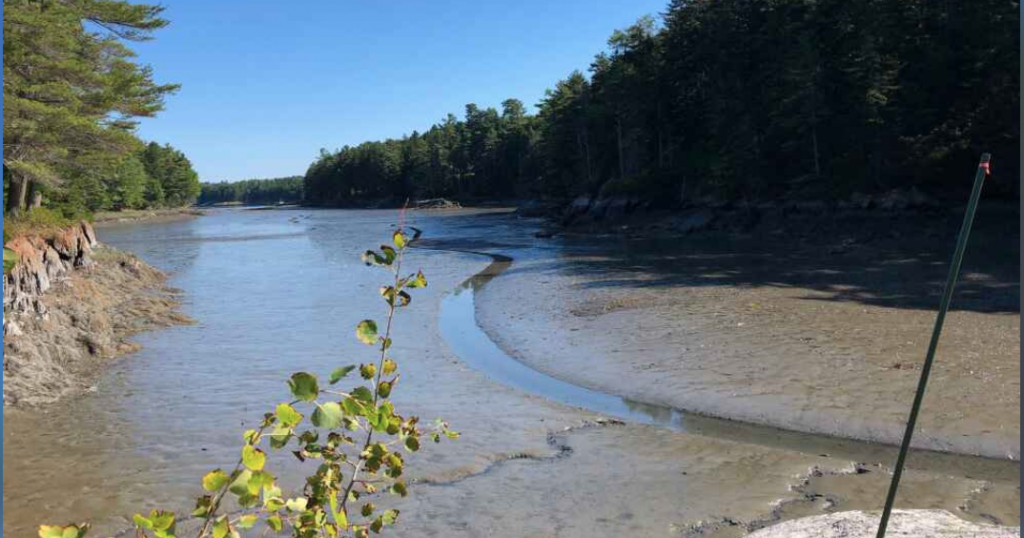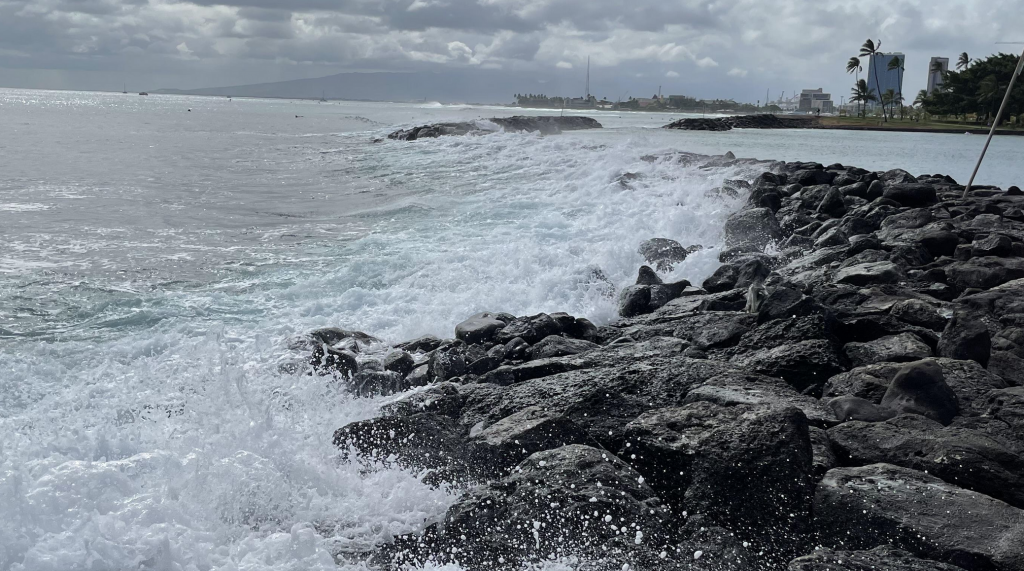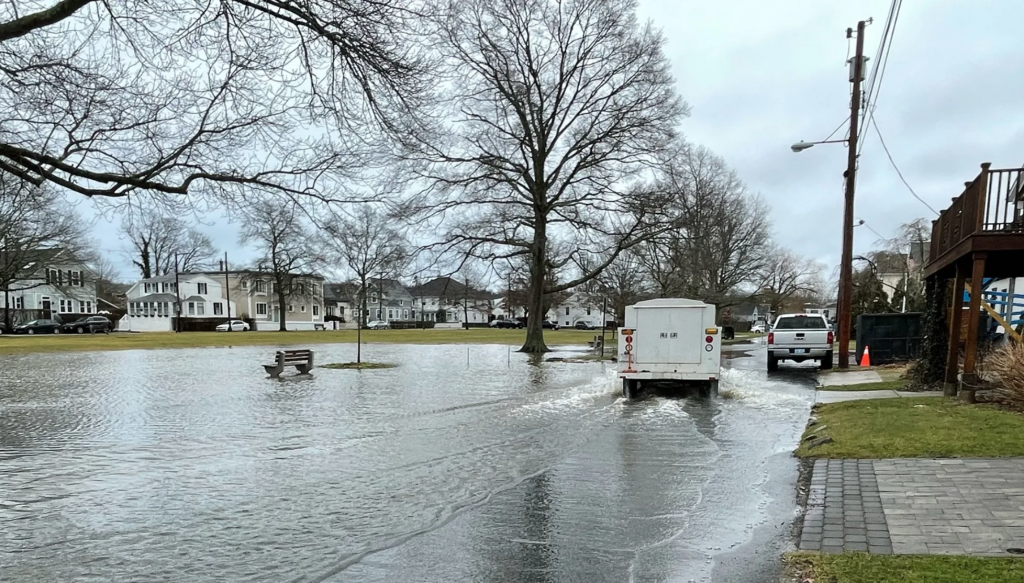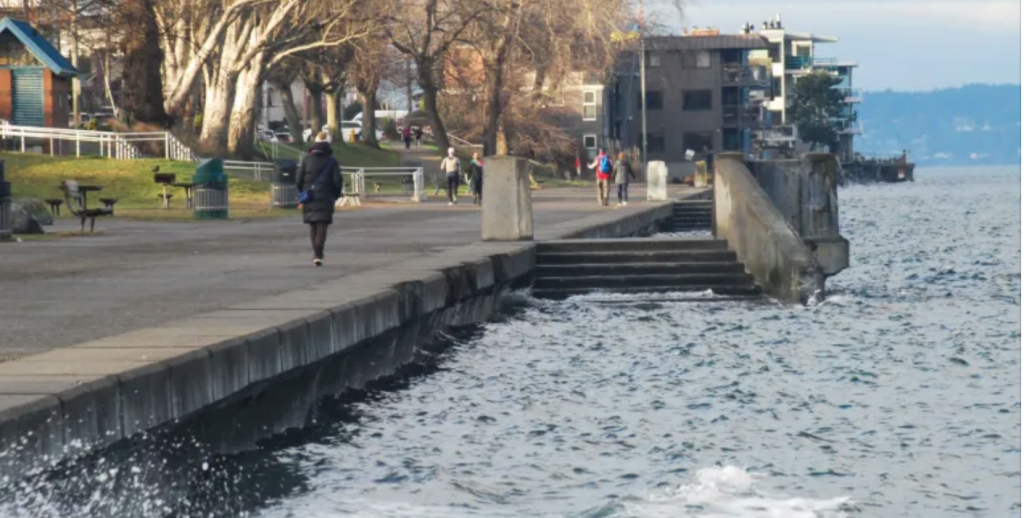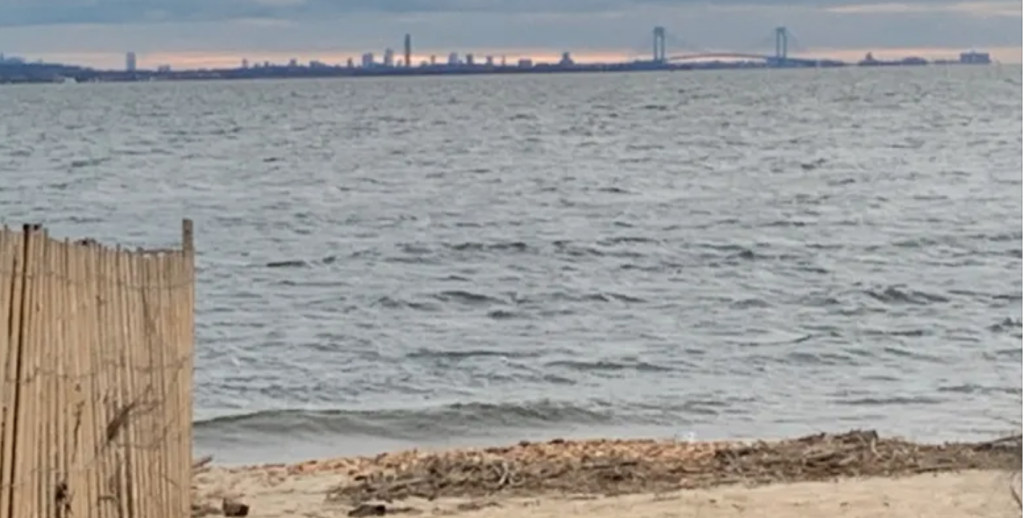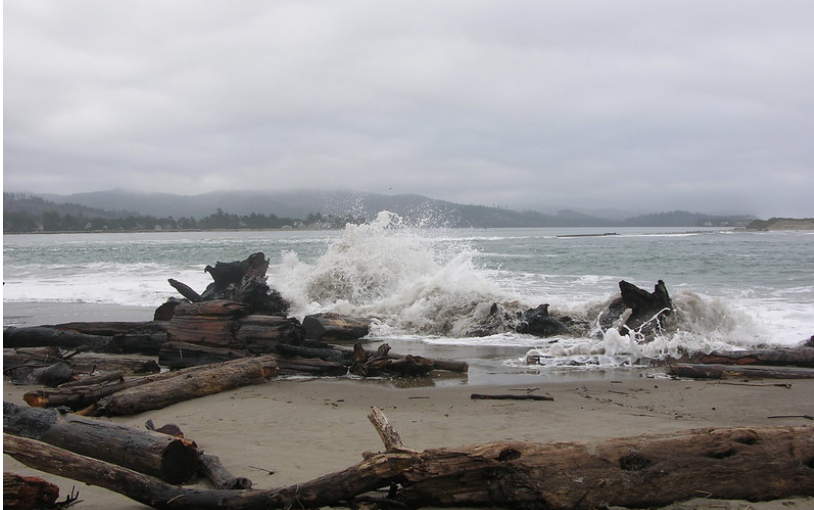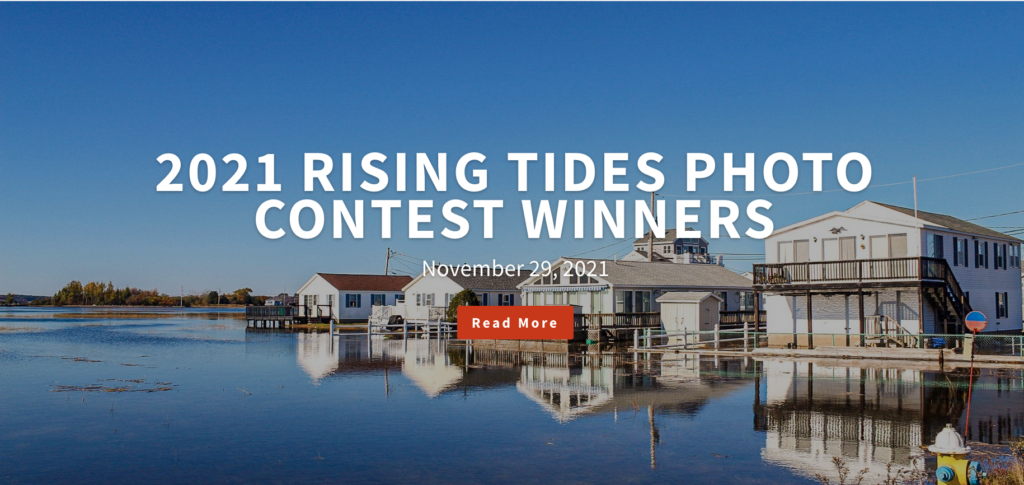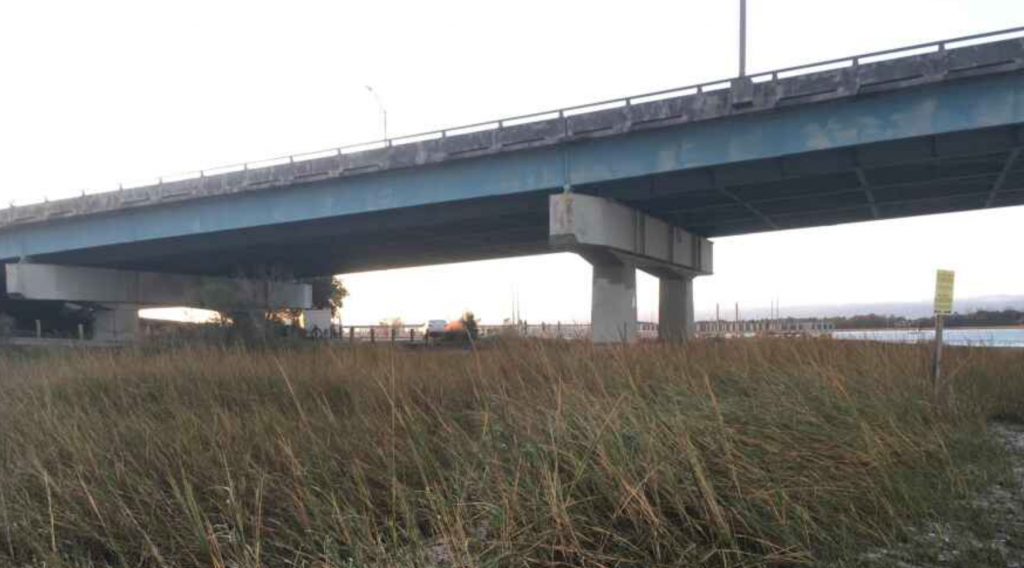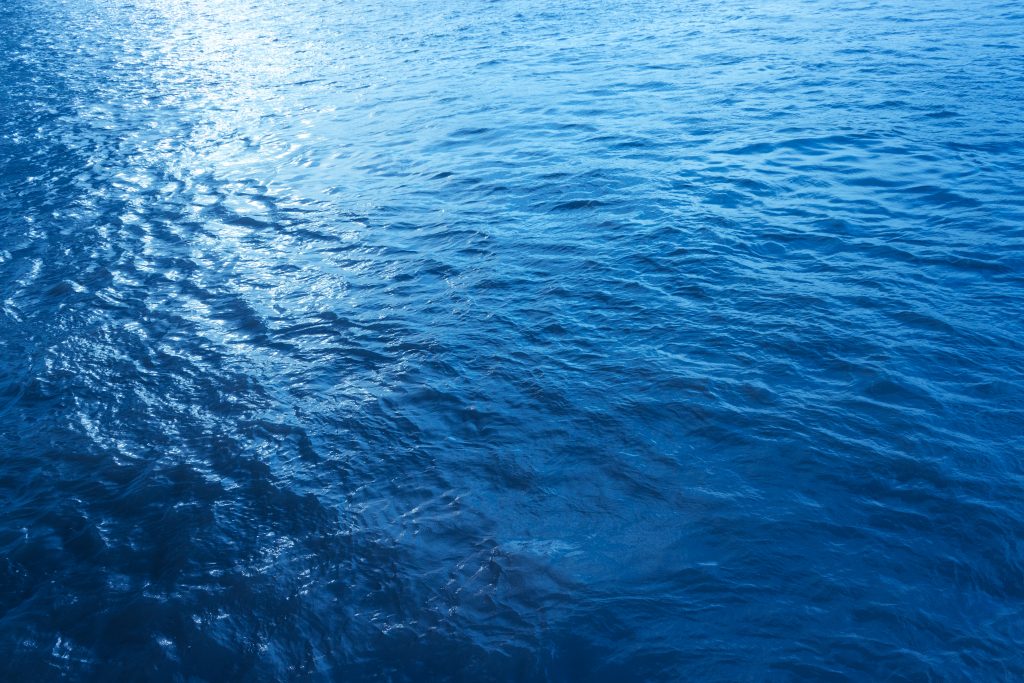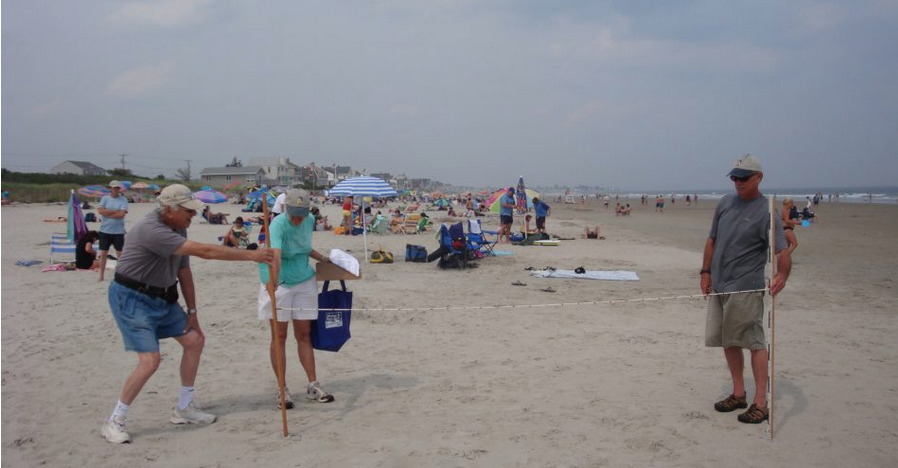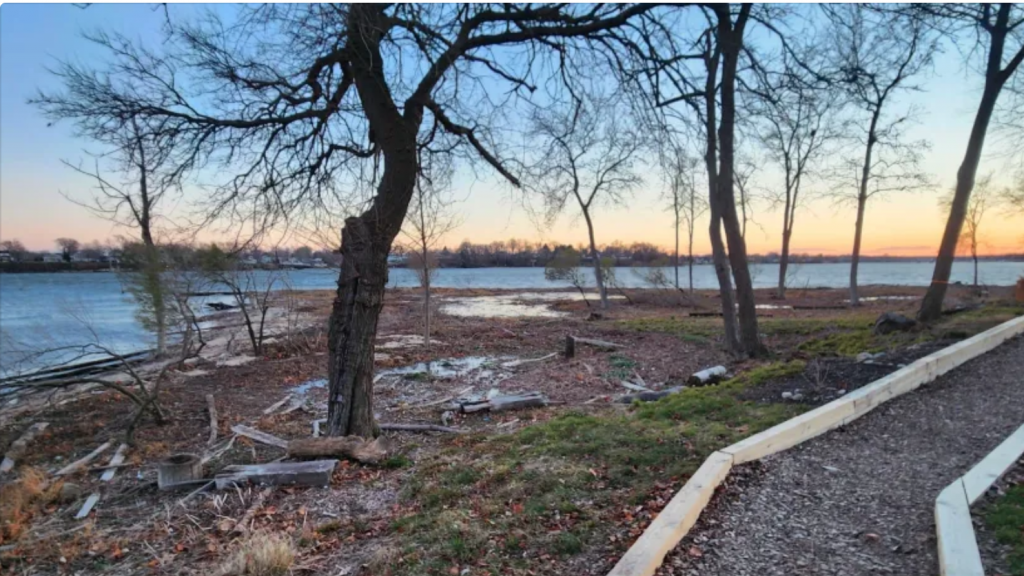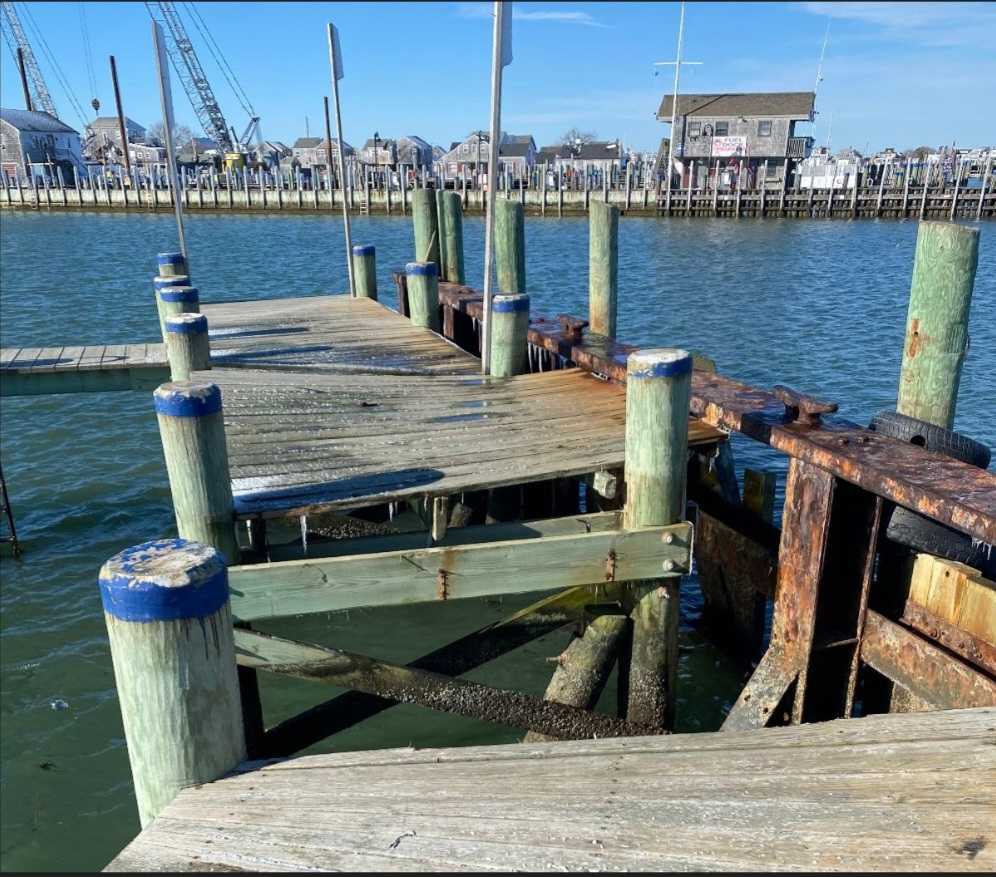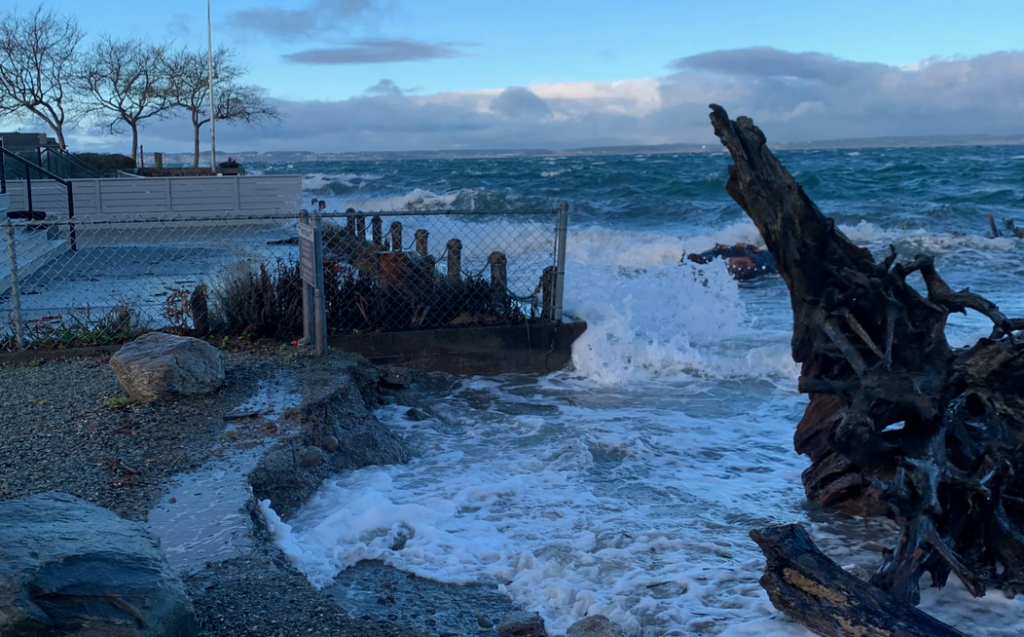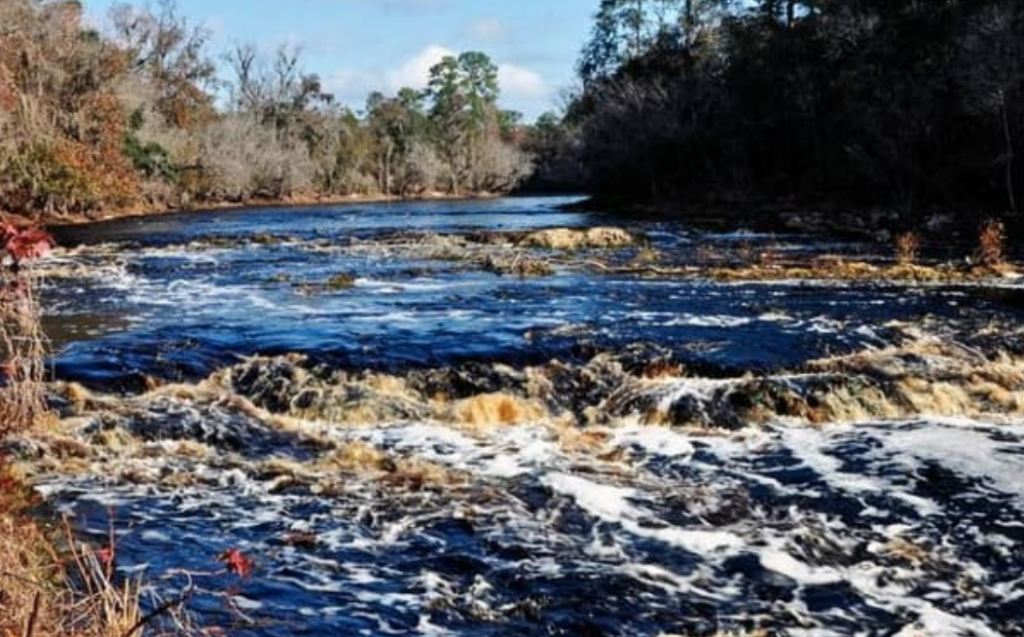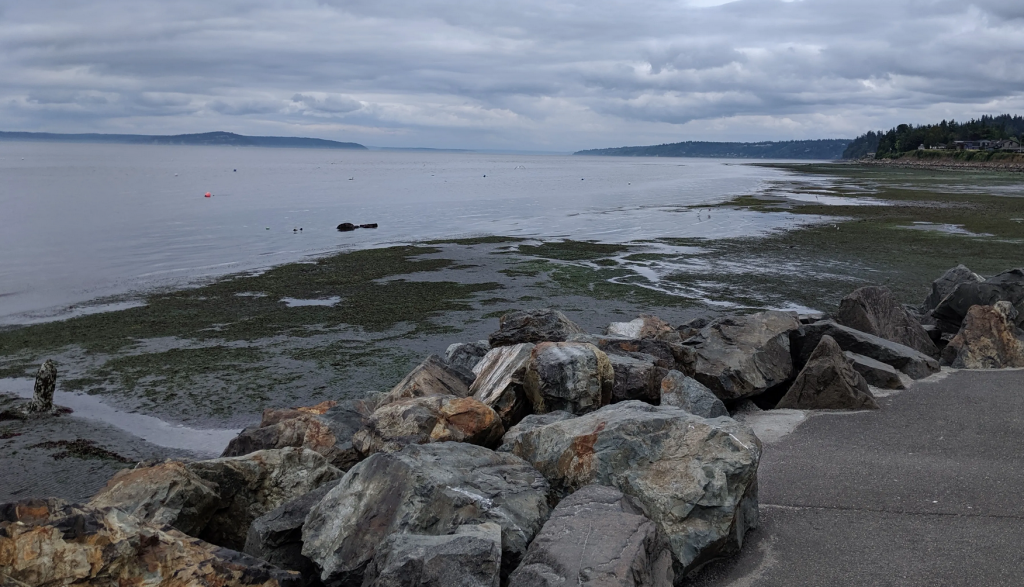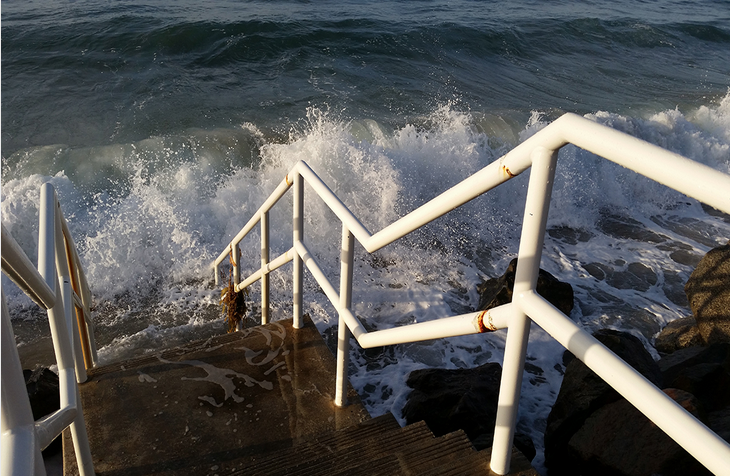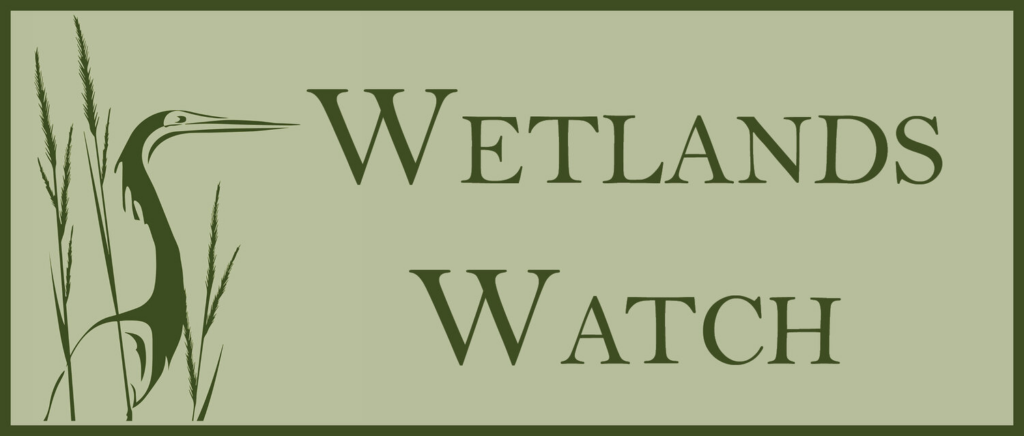Arrowsic Flood Tides project
The Arrowsic Conservation Commission has installed several 4×4 wooden posts along roadsides where there is a history of flooding. These posts serve as platforms for photographing high water events and help ensure photos are taken from the same height, angle and place each time. The data collected will help the town better understand how often…
Read MoreBeach Profiling in Coastal New Hampshire
Beaches are constantly changing! Forces like storms, ocean currents, and changes in sea level work together to add and remove sand from the beach. Beach profiling is a simple way to track these changes over time. By measuring the contour, or profile, of a beach at regular monthly intervals, we can observe long-term patterns of sand…
Read MoreBroward’s High Tides
The project collects images from community members and groups during flooding events and catalogs the circumstances of the flood: high tides/coastal flooding, rainfall/storms/hurricanes, or both. King Tide Kits are available for community groups to borrow to help track and report tidal flooding.
Read MoreCalifornia King Tides
The California King Tides Project helps us visualize future sea level by observing the highest tides of today. You can help by taking and sharing photos of the shoreline during King Tides to create a record of changes to our coast and estuaries.
Read MoreCoastal Flooding: Storms and Sea Level Rise
The goals of the project are: to collect data to reveal the weather and water level conditions that are associated with localized coastal flooding, collect public opinion on concern and impacts of flooding; and raise awareness of local flooding impacts. Active projects in Belfast, Portand, So. Portland and Vinal Haven (ME), however, the project encourages…
Read MoreCoastal Flooding: Storms and Sea Level Rise
The goals of the project are: to collect data to reveal the weather and water level conditions that are associated with localized coastal flooding, collect public opinion on concern and impacts of flooding; and raise awareness of local flooding impacts. Active projects in Belfast, Portand, So. Portland and Vinal Haven (ME), however, the project encourages…
Read MoreCoastal Flooding: Storms and Sea Level Rise
The goals of the project are: to collect data to reveal the weather and water level conditions that are associated with localized coastal flooding, collect public opinion on concern and impacts of flooding; and raise awareness of local flooding impacts. Active projects in Belfast, Portand, So. Portland and Vinal Haven (ME), however, the project encourages…
Read MoreCoastal Flooding: Storms and Sea Level Rise
The goals of the project are: to collect data to reveal the weather and water level conditions that are associated with localized coastal flooding, collect public opinion on concern and impacts of flooding; and raise awareness of local flooding impacts. Active projects in Belfast, Portand, So. Portland and Vinal Haven (ME), however, the project encourages…
Read MoreCoastal Storm Damage
The goal of the project is to document the effect and impact of storm surge damage caused by coastal storms like hurricanes and Nor’easters. This information will help inform state and local recovery efforts.
Read MoreCoastSnap Broadkill Beach
Public access to Broadkill Beach relies on dune crossovers that are vulnerable to erosion during storms due to the proximity of the dune toe to the Bay. CoastSnap contributors help environmental managers to gather “real-time” data on the condition of the beach and add to the existing datasets (optical, elevation, morphological) at this site to…
Read MoreCoastSnap Indian River Inlet
Images submitted by the public through the CoastSnap station at Indian River Inlet help DNREC monitor the sand supply and the beach conditions, enabling more informed management decisions.
Read MoreCoastSnap State Beach MV
CoastSnap harnesses the power of crowdsourcing to record short- and long-term beach erosion and recovery. The station at State Beach in Oak Bluffs enables monitoring of sediment build up in the channel between Vineyard Sound and Sengekontaket Pond.
Read MoreCommunity Alliance for Surveying the Topography of Sandy Beaches (CoAST SB)
Volunteers monitor the movement of the shoreline in Santa Barbara and Ventura counties, measuring the contour of sandy beaches using a quick and simple beach profiling survey technique. The data collected is provided to USGS to help track changes and callibrate models; local governments use this information for climate adaptation planning.
Read MoreDune Restoration and Research
The project works to restore and maintain healthy dunes in New Hampshire. Volunteers plant native grasses, install sand fencing, post educational signage, and actively survey the dunes to document sand gains and losses. Volunteers are also active participants in research on dune resilience and restoration methods.
Read MoreEvidence of Intense Storms
The project documents impacts on Mt. Desert Island, ME, of storms including intense precipitation events which are forecast to increase in the future due to climate change. Damage to infrastructure or environment may include: road washouts, erosion of soil or stream banks, flooding, sedimentation, rockfall, etc.
Read MoreFEMA High Water Mark Initative
The purpose of the project is to document high water marks to show previous flooding levels. It is an educational tool that allows people to take photos of high water levels and post them on social media with a hashtag. The program was created by FEMA. Read more about the program at https://www.fema.gov/flood-maps/products-tools/high-water-mark-initiative. Thirty-seven communities…
Read MoreFlood Watch – NYC
The Community Flood Watch project is a growing network of residents and community groups that report and share resources related to flooding in their communities. Residents submit photographs and reports that document flood event timing, depth, location, and associated impacts. Researchers can use these reports to improve flooding forecasts and alerts.
Read MoreHarpswell King Tide Initiative
The Harpswell King Tide project is a citizen science initiative to collect photographic data showing the impact of rising seas on roads, bridges, property, and ecosystems on the highest tides in Harpswell, ME. The goal is to record the impact of the higher tides and storm surge over time.
Read MoreHawaii and Pacific Islands King Tides Citizen Science Project
Community scientists add the photos to this free, publicly accessible and crowd-sourced dataset by photographing King Tides at places important to you throughout Hawai‘i and Oceania. Photos, observations, date, time, and location can be submitted through the Hawaiʻi and Pacific Islands King Tides Project web platform, accessible on a smartphone or desktop computer.
Read MoreHigh Tide – R.I. MyCoast
The purpose of the project is to visualize the impact of coastal hazards and to enhance awareness among decision-makers and stakeholders by collecting and analyzing pictures and data relating to coastal events
Read MoreHudson River Estuary Chronolog
Halfway between the Adirondack Mountains and the Atlantic Ocean, this freshwater tidal shoreline has great biodiversity of fish, birds, and plants. With this citizen science project, we invite visitors to use the Chronolog post to capture images of tide changes, ice advances or retreats, passing ship traffic, and the seasonal invasion of water chestnuts (Trapa…
Read MoreInterdisciplinary Citizen-based Coastal REmote Sensing for Adaptive Management (IC-CREAM)
IC-CREAM Marquette. An effort to increase resilience; seeks to harness local knowledge and involvement by teaching some community members how to use drones to collect critical information for coastal change monitoring.
Read MoreInterdisciplinary Citizen-based Coastal REmote Sensing for Adaptive Management (IC-CREAM)
IC-CREAM Manistique. An effort to increase resilience; seeks to harness local knowledge and involvement by teaching some community members how to use drones to collect critical information for coastal change monitoring.
Read MoreInterdisciplinary Citizen-based Coastal REmote Sensing for Adaptive Management (IC-CREAM)
An effort to increase resilience; seeks to harness local knowledge and involvement by teaching some community members how to use drones to collect critical information for coastal change monitoring
Read MoreInterdisciplinary Citizen-based Coastal REmote Sensing for Adaptive Management (IC-CREAM)
IC-CREAM Chikaming. An effort to increase resilience; seeks to harness local knowledge and involvement by teaching some community members how to use drones to collect critical information for coastal change monitoring.
Read MoreInterdisciplinary Citizen-based Coastal REmote Sensing for Adaptive Management (IC-CREAM)
IC-CREAM Manistee. An effort to increase resilience; seeks to harness local knowledge and involvement by teaching some community members how to use drones to collect critical information for coastal change monitoring.
Read MoreInterdisciplinary Citizen-based Coastal REmote Sensing for Adaptive Management (IC-CREAM)
IC-CREAM South Haven. An effort to increase resilience; seeks to harness local knowledge and involvement by teaching some community members how to use drones to collect critical information for coastal change monitoring
Read MoreKing Tides – Massachusetts
The Massachusetts king tides initiative documents the effect that extreme tide events have on the state’s beaches, coastal waterways, private property, and public infrastructure.
Read MoreKing Tides – South Carolina
The goal of the SC King Tides Initiative is to document the effect extreme tide events have on our state’s beaches, coastal waterways, private property and public infrastructure.
Read MoreKing Tides – Washington
Photos submitted by the public through this site are used to characterize beach change and the impact of nearshore hazards in order to enhance awareness among decision-makers and stakeholders.
Read MoreLake Superior High Water Spotter
This project helps document shoreline impacts from water levels on Lake Superior using photos submitted by the public from around Lake Superior to capture shoreline conditions and establish a visual record.
Read MoreNew Jersey High Water
New Jersey MyCoast portal is used to collect and analyze photos of coastal events and places. Photos are linked to data about weather and tides to create reports that help government agencies, business owners, and residents to understand coastal change and make informed decisions
Read MoreNorth Carolina King Tides
The project documents extreme high tides using photos to visualize what sea level rise will look like; create record and track changes, understand impacts to local resources. For many living in coastal North Carolina, flooding is a normal part of life. The coast is very flat, and tides, heavy rain events, and even wind play…
Read MoreOregon King Tides Project
Volunteers for the Oregon King Tides Project photograph the year’s highest tides, known as king tides, to demonstrate current coastal flooding vulnerabilities and to anticipate what will become ordinary tide levels with sea level rise. In fall and winter, CoastWatch and the Oregon Coastal Management Program provide outreach and training.
Read MoreRising Tides Photo Contest
Each year, CAW invites citizens to photograph extreme high tides during its annual photo contest in order to raise awareness of New Hampshire’s rising tides. Photographing high tide flooding gives us a glimpse of what daily water levels could be like in the future.
Read MoreSalt Marsh Restoration
Local communities cultivate, transplant, and monitor the growth of salt marsh smooth cordgrass to restore Charleston area salt marshes.
Read MoreSeaRise
Public contributes photos and data to inform a coordinated strategy to ensure communities are resilient to severe weather events, storm surge, and changing ocean conditions. Our collective efforts will aid in wildlife conservation and habitat protection. Photos and data on flooding inform a coordinated strategy to ensure South Carolina’s communities are resilient to severe weather…
Read MoreSensing Storm Surge in 3 Maine Estuaries
Individuals maintain a water level logger is moored at a waterfront field site. Community members visit the sites monthly to download the data, which are then uploaded to the project website. The goals is to observe, document, and map storm surge events in Bass Harbor, the Penobscot River, Southwest Harbor and the Bagaduce River.
Read MoreSouthern Maine Volunteer Beach Profile Monitoring Program – So. Portland
The Southern Maine Volunteer Beach Profile Monitoring Program is a unique collaboration among local volunteers, participating municipalities, and scientists, resulting in over 20 years of critical data on the status of one of Maine’s most vital and valuable natural resources. Data is used to inform beach management decisions; to monitor the success of management programs.
Read MoreSouthern Maine Volunteer Beach Profile Monitoring Program – York
The Southern Maine Volunteer Beach Profile Monitoring Program is a unique collaboration among local volunteers, participating municipalities, and scientists, resulting in over 20 years of critical data on the status of one of Maine’s most vital and valuable natural resources. Data is used to inform beach management decisions; to monitor the success of management programs.
Read MoreStorm Reporter – Maryland
A portal to collect and analyze pictures and data relating to flooding caused by precipitation or coastal events. Information collected through this site is used to visualize the impacts of flood events; to enhance awareness among decision-makers and residents of Maryland and to encourage action to reduce flood risks.
Read MoreStorm Reporter – Massachusetts
Tools used by the Massachusetts Rapid Response Coastal Storm Damage Assessment Team to promote rapid delivery and archival of coastal storm damage observations to calibrate National Weather Service erosion models.
Read MoreStorm Reporter – Rhode Island
MyCoast RI is an effort to bolster community stewardship of changing shorelines, monitor shoreline change, increase awareness, support local-level and state government impacts planning, and leverage cooperative resilience initiatives.
Read MoreStorm Surge Washington
Information collected through this site is used to characterize beach change and the impact of nearshore hazards in order to enhance awareness among decision-makers and stakeholders.
Read MoreStorm Witness
South Carolina Storm Witness facilitates communication and beachfront damage assessment information among coastal municipalities and state coastal resource managers. Damage assessment information collected through the system enables DHEC to efficiently analyze post-storm beach conditions and expedite recovery activities, including permitting and other regulatory decisions.
Read MoreSuwannee River Water Level Monitoring
The public helps the Suwannee River (FL) Water Management District monitor water levels via text messaging at four sites: Wacissa River, Peacock Spring, Crosby Lake, Hampton Lake.
Read MoreTake a Beach Photo – Washington
Information collected through this site is used to characterize beach change and the impact of nearshore hazards in order to enhance awareness among decision-makers and stakeholders.
Read MoreUrban Tides Initiative
The Urban Tides Program invites individuals to take photos of the Southern California coast during extreme tide events to document the changing shoreline and any impacts on beaches or nearby communities. Extreme tides, particularly king tides, can help us identify current flooding hotspots and visualize what future sea level rise will look like for our…
Read MoreWetlands Watch
Wetlands Watch works with state and federal policy advocacy and grass roots education and activism to influence local government land use and regulatory decisions. To monitor flooding in the wetlands, the group created and uses a phone app that collects crowdsourced information about flooding and king tides. The app is available for anyone to use,…
Read More

